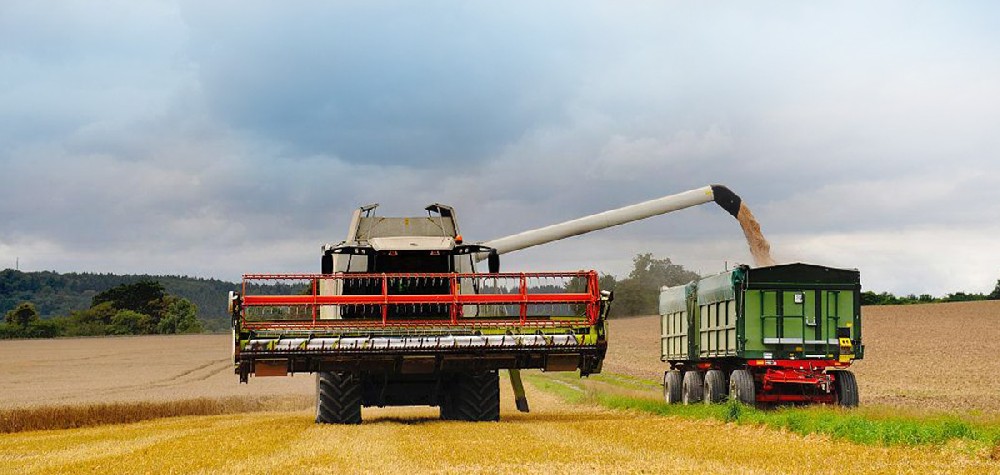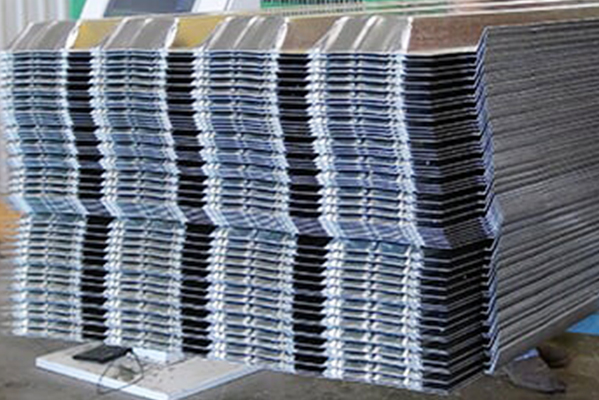Navigation Menu
Contact Us
- Email:
- info@wxavatar.com
- Address:
- Yurong Village, Yuqi Street, Huishan District, Wuxi, China.
Release Date:Jun 01, 2025 Visit:67 Source:Roll Forming Machine Factory
In structural steel processing, maintaining precision throughout production is essential for ensuring quality and efficiency. Purlin line stackers play a significant role in streamlining operations by automating the handling and organization of finished purlins. These systems contribute to improved accuracy, reduced material handling errors, and enhanced workflow consistency. This article explores how purlin line stackers support precision in structural steel fabrication.

1. Automated Material Handling Reduces Human Error
Manual handling of steel purlins can lead to misalignment, scratches, or improper stacking, which may affect downstream processes. Purlin line stackers automate the sorting and stacking of finished products, minimizing human intervention and the associated risk of errors. By using programmed stacking patterns, these systems ensure uniformity in bundle formation, improving overall precision in material organization.
2. Consistent Stacking Patterns for Improved Quality Control
Purlin line stackers are designed to follow predefined stacking sequences, ensuring that each bundle meets exact specifications. This consistency helps maintain dimensional accuracy and prevents warping or deformation that can occur with uneven stacking. By adhering to strict stacking protocols, manufacturers can enhance quality control and reduce the likelihood of defects in finished products.
3. Enhanced Workflow Efficiency
Integrating purlin line stackers into production lines allows for seamless material transfer from fabrication to storage or shipping. The automated process reduces bottlenecks and ensures that purlins are stacked and ready for the next phase without delays. This efficiency supports tighter tolerances in production scheduling, contributing to more precise project timelines.
4. Integration with Measurement and Sorting Systems
Advanced purlin line stackers can be paired with laser measurement and sorting systems to verify dimensions before stacking. This integration ensures that only properly sized and shaped purlins are bundled, further enhancing precision in the final product. Automated rejection of non-conforming pieces helps maintain high standards throughout production.
5. Reduced Material Damage and Waste
Improper stacking can lead to material damage, requiring rework or scrapping affected pieces. Purlin line stackers use controlled mechanisms to handle and position purlins gently, minimizing surface scratches or bends. By reducing material waste due to handling errors, manufacturers can maintain higher precision in their output.

Conclusion
Purlin line stackers contribute significantly to precision in structural steel processing by automating material handling, ensuring consistent stacking, and integrating with quality control systems. These enhancements lead to improved product accuracy, reduced errors, and more efficient workflows. For manufacturers looking to optimize their steel fabrication processes, investing in reliable purlin line stacking technology can be a key factor in maintaining high standards and meeting project requirements.
By focusing on automation and precision, purlin line stackers help structural steel processors achieve greater consistency and reliability in their operations.